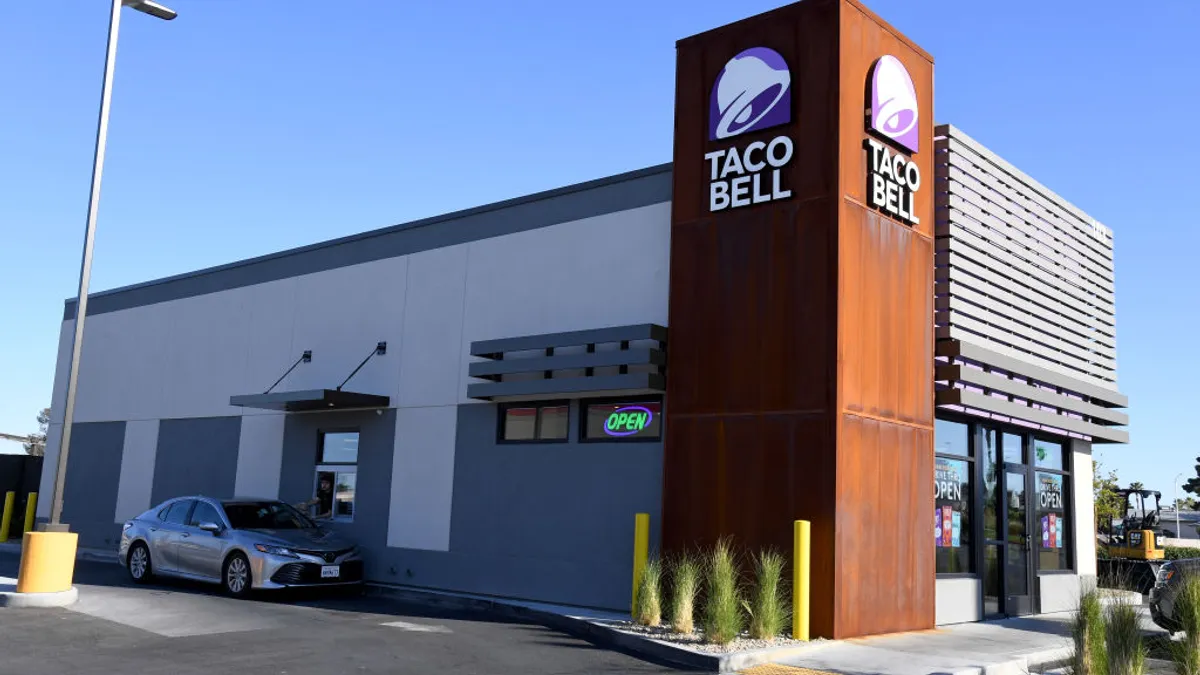Dive Brief:
- An Iowa Taco Bell franchisee tentatively agreed to settle a collective wage and hour lawsuit brought by a former employee following a procedural decision on the matter by the U.S. Supreme Court in May (Morgan v. Sundance, Inc., No. 19-2435 (8th Cir. Aug. 15, 2022)).
- The case stems from a district court case in which the ex-employee alleged that Sundance, Inc. prejudiced her by acting inconsistently in invoking its arbitration agreement with her when she brought a series of wage and hour claims. In 2021, the 8th U.S. Circuit Court of Appeals held, using a framework followed by other circuit courts, that the employee failed to demonstrate this.
- A unanimous Supreme Court overturned the decision on appeal, holding that the Federal Arbitration Act did not authorize federal courts to create arbitration-specific procedural rules, such as that used by the 8th Circuit in Sundance. Details of the settlement agreement were not disclosed.
Dive Insight:
The news may spell the end for one of the Supreme Court’s trio of arbitration cases from its last term.
In Sundance, the former employee alleged that her employer acted inconsistently with its right to arbitrate her claims when it proceeded in court for almost eight months before asserting that right. A district court held that this delay was sufficient to waive the right to arbitrate and denied Sundance’s motion to compel arbitration, but the 8th Circuit reversed.
The Supreme Court, in turn, reversed the 8th Circuit’s decision and remanded Sundance for further proceedings. The high court made clear, according to an attorney who previously spoke to HR Dive, that parties to an arbitration dispute may not rely on the absence of demonstrable prejudice to justify deferring their right to compel arbitration.
SCOTUS also weighed in on two additional arbitration cases in recent months, one of which hinged on whether a ramp supervisor for Southwest Airlines belonged to a class of workers exempt from the provisions of the FAA. The other concerned arbitration claims brought under California’s Private Attorneys General Act.
Mandatory arbitration has proved a controversial topic in the employment law sphere. Though it may hold some benefits for both parties to a suit, regulators and advocates have noted potential drawbacks as well. In February, Congressional lawmakers passed a bipartisan bill to invalidate arbitration agreements that prevent a claimant alleging sexual assault or sexual harassment from filing a lawsuit.













